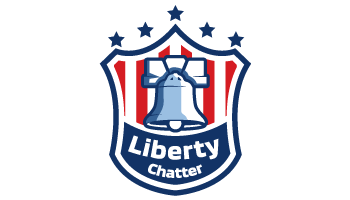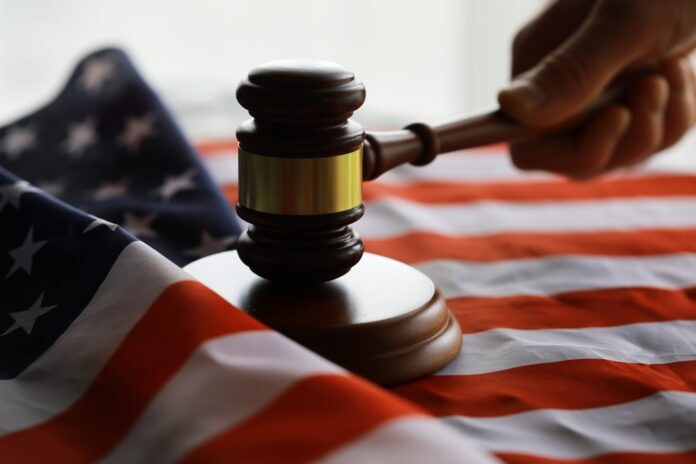Leo Kelly, still embroiled in aftermath battles with the Department of Justice long after January 6th, showcases the lingering consequences of a day that shook America.
At a Glance
- The U.S. Supreme Court limited charges related to the January 6 Capitol events, impacting many cases.
- Kelly’s family disputes DOJ’s attempt to resentence him, asserting his release was legitimate.
- Kelly invokes religious themes regarding his release and Trump’s role for national healing.
- Potential political implications with a possible Trump pardon if he returns to office.
Leo Kelly’s Legal Challenges Don’t Go Away
Leo Kelly was at one time facing some of the most serious legal consequences following his role in the January 6 events at the nation’s Capitol building. But, his case is now heading into a complex legal spiral. Even though Kelly has served some of his sentence already, the Department of Justice has pursued an opportunity for resentencing. The DOJ has insisted that Kelly was released early from custody due to a misinterpretation of laws. His father has argued that the release was based on the First Step Act, which negates any grounds that the DOJ would have for its actions.
The key to the incident is a recent ruling from the Supreme Court, which dismissed many felony charges — including for Kelly — after it narrowed the scope of obstruction charges that were linked to the January 6 events. That shifted the landscape for multiple defendants. Yet, the DOJ continues to push for legal measures against Kelly and other defendants.
The DOJ and Supreme Court
The Supreme Court narrowed the scope of charges that could be applicable to Capitol riot defendants. The ruling impacted more than 350 people who were indicted, especially those who faced obstruction of Congress charges. Chief Justice John Roberts said the government has to demonstrate that the defendants substantially impaired their proceedings. Since the ruling, many defendants have either considered, or initiated, appeals for a reduced sentence.
As a result, charges were limited to only those who actually intended to disrupt the certification of Electoral College votes that day. Conservative Justice Amy Coney Barrett dissented in the case, advocating for broader interpretations. But, the decision will still inevitably change the outcomes for pending cases regardless.
More Context
Kelly’s narrative embraces broader themes than just legal issues. He has said his Christian faith has guided him, and he’s drawn parallels between what he’s dealing with and broader injustices. There is much perception that the actions the government has taken against those involved in the January 6 incident are deeply flawed. Kelly has even critiqued the perceived injustices while also placing hope that Republican President-elect Donald Trump might pardon him and others.
“What the government is trying to do to me pales in comparison to the injustice that was done to Our Lord on the cross 2,000 years ago. God is my defender. And my ‘mistaken’ release was not a mistake. Liars always lie,” Kelly said.
It’s not clear what impact Trump’s own legal challenges could have on this ruling. It does, however, open discussions about potential pardons and leniency, especially based on Trump’s own history now that he has won the White House again.

